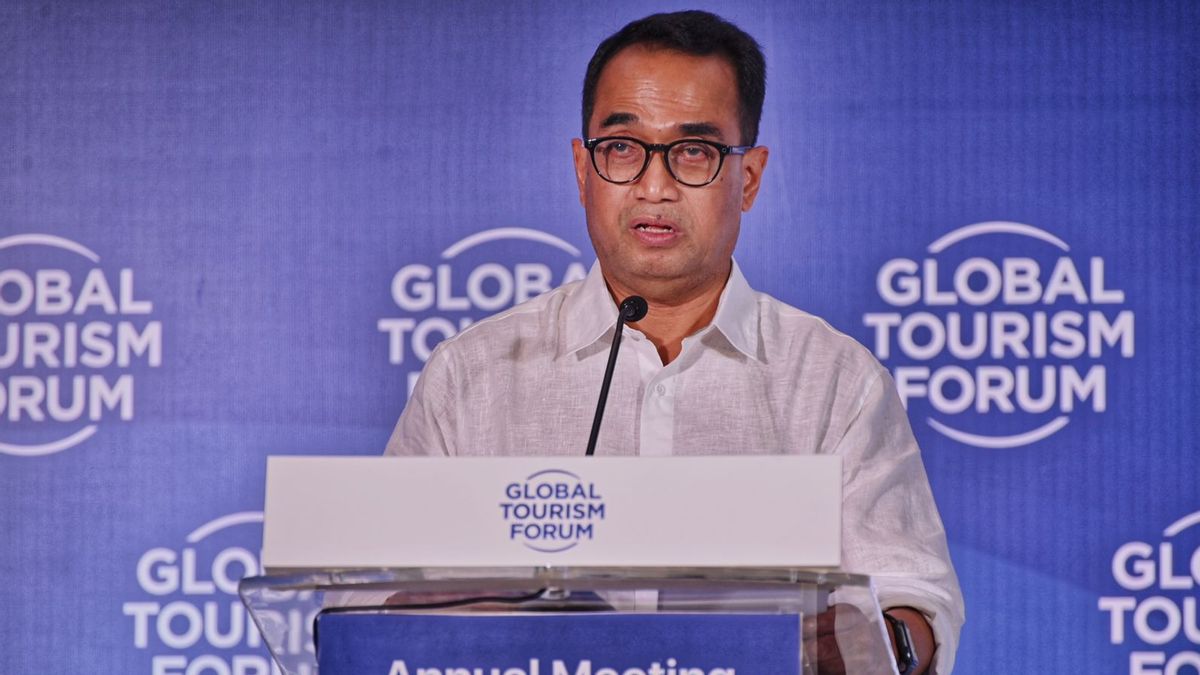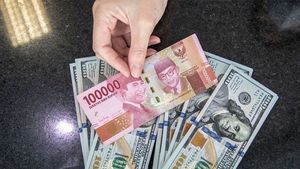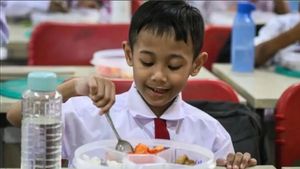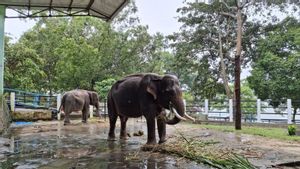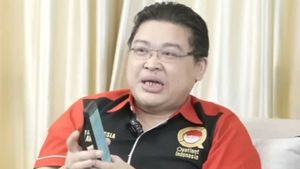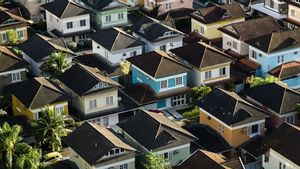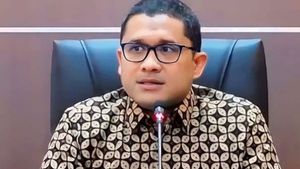Minister of Transportation Budi Karya Sumadi said a number of recovery efforts in the transportation sector helped encourage the recovery of the tourism sector in Indonesia.
"This effort is a turning point in the revival of the transportation industry because it further increases passenger occupancy," Budi said at the 2022 Global Tourism Forum-Annual Meeting in Bali, Thursday, November 17.
Budi said there were a number of efforts that had been made, namely issuing several circulars related to easier transportation requirements, but still prioritizing the implementation of health protocols.
In addition, the Ministry of Transportation together with transportation operators also continue to optimize the use of technology to minimize the spread of the virus, such as digitizing services at airports and using HEPA filters that are able to maintain air cleanliness in public transportation facilities.
Furthermore, the Ministry of Transportation also provides a number of incentives, one of which is in the aviation sector by providing incentives for Aircraft Passenger Services (PJP2U) or Passenger Service Charge (PSC).
In the forum, Budi also said that recovery efforts had begun to show results.
One of the indicators is, based on data from the Central Statistics Agency (BPS), transportation, and warehousing in the third quarter of 2022, which grew to 25.8 percent (year on year).
This shows an increasing trend since early 2022 and an important contribution to Indonesia's economic growth which increased 5.72 percent year on year in the third quarter of 2022.
Nevertheless, Budi still reminded all parties to continue to strive to maintain the momentum of the growth trend, and remain alert to conditions of global uncertainty, such as continued pandemics, climate change, and global war tensions in the future.
Budi said that his party also revealed efforts to build the future of public transportation in Indonesia after the pandemic.
"The Covid-19 pandemic has taught us to think far ahead. In the future, Indonesia needs improvements in network connectivity, transportation safety, environmentally friendly transportation, and intermodal integration," he explained.
In improving connectivity between regions, said the Ministry of Transportation will continue to build transportation infrastructure, both in urban areas and in remote, frontier, underdeveloped, and border areas (3TP).
To overcome the limited fiscal capacity of the state (APBN) in financing the development needs of transportation infrastructure in Indonesia, Budi said that his party will continue to encourage non-APBN creative funding through the Government and Business Entity Cooperation (KPBU) scheme, State Wealth Funds, utilization cooperation (KSP), mixed financing, green financing in green project infrastructure, as well as forming a Public Service Agency (BLU) and increasing Non-Tax State Revenue (PNBP).
"At this moment of the G20 Presidentship, we signed several memorandums of understanding for non-APBN creative funding with three countries, namely Japan, England and South Korea for the development of MRT Jakarta urban mass transportation," he said.
Budi admitted that the government is also committed to reducing exhaust emissions from fossil fuel vehicles by starting to transform energy from fossil fuels to new and renewable energy (EBT).
To date, the government has set the goal of owning at least two million electric vehicles by 2025.
The government will develop an electric vehicle ecosystem so that Indonesia will not only become a market or consumer of electric vehicles, but also a producer, because it has the potential for natural resources to produce electric vehicle components.
"The use of electric vehicles during the G20 shows the symbol of the start of this transformation. We are seriously entering the renewable energy market, including the transition to electric vehicles," he said.
The English, Chinese, Japanese, Arabic, and French versions are automatically generated by the AI. So there may still be inaccuracies in translating, please always see Indonesian as our main language. (system supported by DigitalSiber.id)
